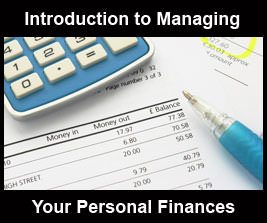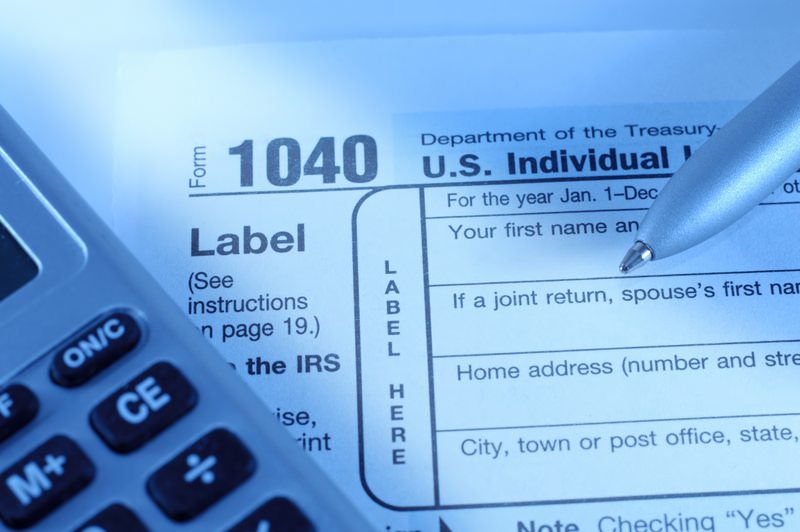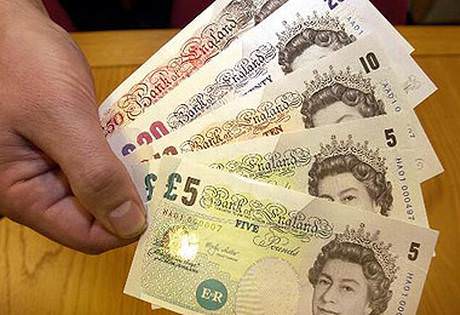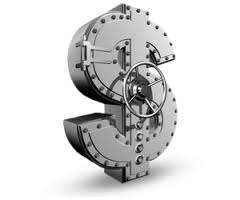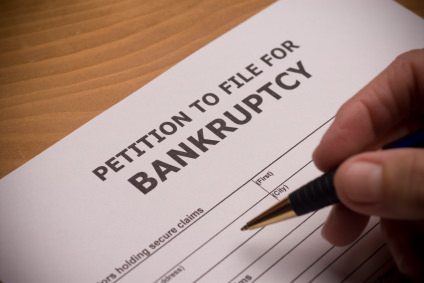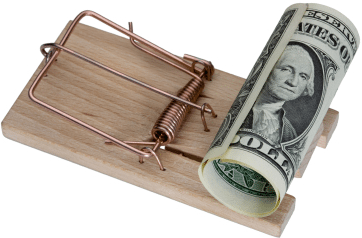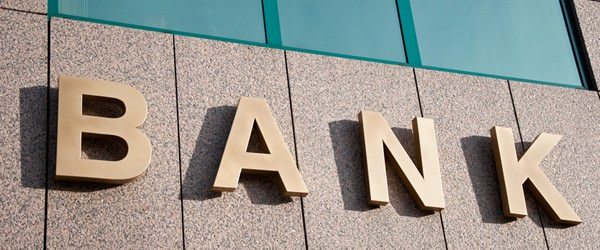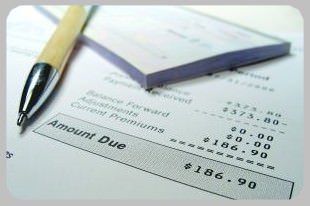Take Control of Your Personal Finances
Controlling your budget may seem to be no easy task, especially if you have a considerable amount of debt, and your personal finances are in shambles. Even if you have a relatively 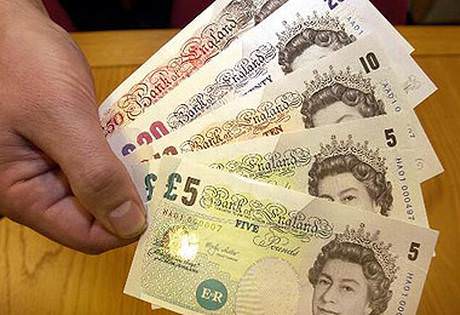 and are looking for a way to improve your credit score, the following tips may help you to steer your runaway credit score onto the right track.
and are looking for a way to improve your credit score, the following tips may help you to steer your runaway credit score onto the right track.
Have a set system to keep track of your personal finances budget. Write down your income and expenses, clearly, in a notebook or computer spreadsheet. Be sure you do not spend more than you earn! To manage your budget, you should consider paying yourself first. Take 5% of your wages and place them in a savings account. Use the remaining money to pay your necessary bills and other expenses like rent. The balance after that should be saved, or else spent on entertainment or other purposes.
Keep your personal and work-related expenses separate! This is also true if you have expenses related to volunteer work. Crossing your expenses may make your tax returns twice as tricky. Additionally, it can lead to accusations of fraud– so be proactive and don’t cross the expenses to begin with.
File your taxes early, or at least on time, to avoid conflict with the IRS. Collection from the government will certainly cause your credit score to dwindle, making it difficult for you to maintain a good credit rating, or get a future loan.
Use calendars to mark down when bills are due, when you have an approaching deadline, and also when you plan to make savings goals. If you have a deadline in the beginning of a month, mark it down on the month before, so you aren’t caught off guard when you turn the page of your calendar. Try to be at least 2 days early in mailing bill payments, if you are not paying them electronically.
Prioritize your expenses. Food, your rent/mortgage, loan payments, and fuel costs take precedence over other areas like entertainment, new clothes for yourself, or vacation funds.
Have an emergency fund! Every paycheck, you should set aside roughly 5%, if not more, of your paycheck to be set in a savings account, for use in emergencies only. Try to find a bank or financial institution that will pay you high interest rates, so your saved money also earns you money.
Managing your expenses may initially seem very daunting. However, with time and consideration, you can make your credit score such that banks will compete for your business. Young adults may find it tedious to work hard at their financial situation, but it is very important, particularly for those wanting to start a family, to be in good financial standing. By following the simple tips in this article, you, too, can have a strong financial base to stand on, which will make buying a home and taking out loans for college, cars, or vacations much easier. Saving money and guarding your personal finances early will prevent many headaches.
